The Australian’s Book of the Year 2023
This story is a sublime work of fiction. It’s literature, but also philosophy. And it’s The Australian’s Book of the Year 2023.
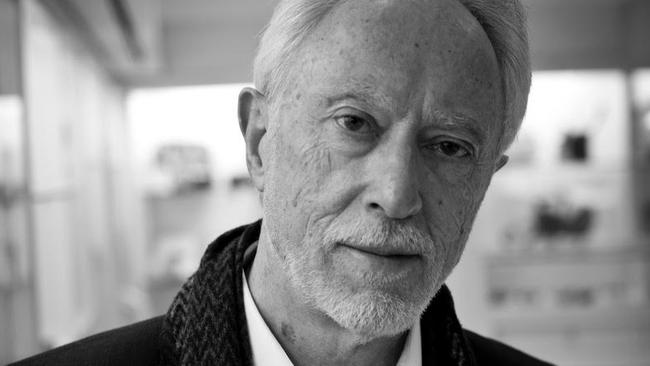
An ageing pianist falls in love while he’s on tour, or maybe it’s not love. Maybe it’s lust, or a delusion of some kind. The point is that he believes it’s love, and he has to tell the object of his affection about it.
One problem: she’s married, and has been for a long time. It’s not a perfect marriage. They no longer sleep in the same bed, but there is affection there. Second problem: she’s not particularly attracted to the pianist. Still, she’s curious, and she’s pulled, over time, into his orbit. Not that he’s going to get the girl. This book is far too complicated for such an easy solution.
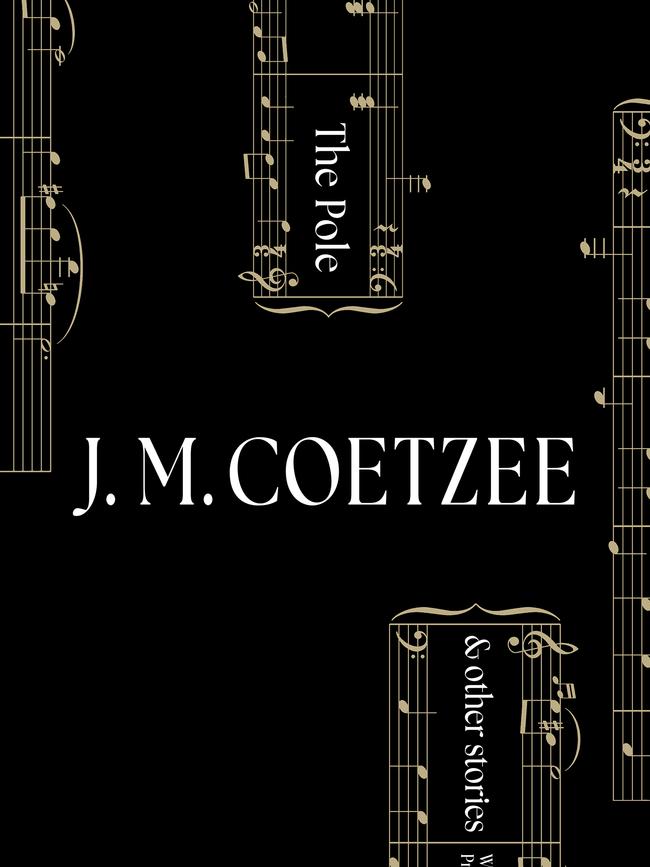
I’m talking about The Pole, which is the first story in The Pole and Other Stories by J.M. Coetzee (Text) which we’re pleased to call The Australian’s Book of the Year for 2023.
The story is a sublime work of fiction. It’s literature, but also philosophy. The other stories in the collection are glorious, too. Elizabeth Costello – a favourite character – makes an appearance. She is old. Her adult kids are trying to push her around. I can’t stop thinking about her, in her kitchen with her cats.
Coetzee was the first author to twice win the Booker Prize. He was awarded the Nobel prize for Literature in 2003. He is 83 years old, and lives in Adelaide, and he’s still writing which is a relief to those of us still hungry for more from him.
Who decides The Australian’s Book of the Year? Me. I do. I take advice, but in the end, I make the decision, as literary editor. Last year’s prize went to Sarah Holland-Batt, for her poetry collection, The Jaguar; the year prior, it went to Noel Pearson’s Mission. The award doesn’t come with prize money. It’s a heartfelt statement of appreciation for a book that knocked my socks off, which this year was The Pole and Other Stories.
What else did I love this year? In no particular order:
• Hilary Mantel’s essays, collected together in A Memoir of My Former Self. This is four decades worth of contemplation. Mantel writes about her childhood, and her childlessness. She writes about cricket, and life as an expat, in a compound. Also – and this is going to hurt – did you know she was working on a novel called Provocation about Mary Bennet from Pride and Prejudice when she died? I so badly want to read that book. Her death came too soon.
•Bright Shining by Julia Baird. A beautiful meditation on grace.
• Held by Anne Michaels. Part one, in which the soldier lies in a field, unable to move, contemplating his injuries, is mesmerising.
• Baumgartner by Paul Auster. A widower in his 70s enters into a new romance. He is weighed down by the memory of his late wife, whom he loved beyond measure. You’ll read this one in an afternoon.
• The Conversion by Amanda Lohrey. On the surface, it’s about a couple’s decision to renovate an old church. Bubbling just below is tension, related to the marriage. Peering through the windows, many ghosts.
• I also loved Song of The Sun God by Shankari Chandran, which is not a 2023 title, but I dug into it, after she won the 2023 Miles Franklin, because I just wanted to read more of what she’d written. And it seems that others love it as much, because Chandran and her team earlier this month took the book to the Content London 23 Pitch Competition, and they won. Yes, they did. They won! And that means we’re that much closer to seeing the book on screen.
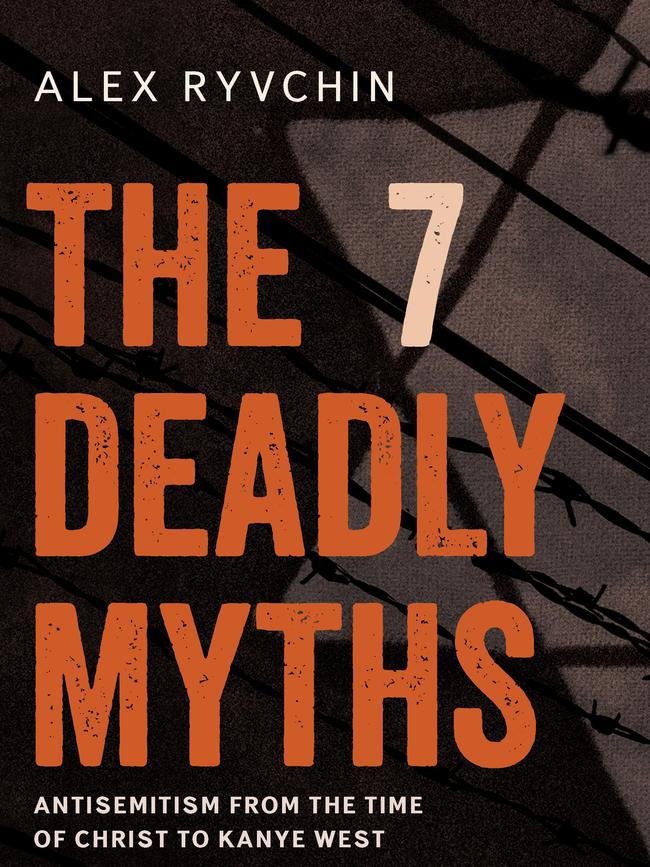
On October 7, 2023, Hamas militants stormed into Israel, intent on murdering the innocent. Survivors of the massacre at a music festival in the desert saw young women with pretty painted nails lying dead, with broken legs and shattered pelvises. They had been raped, of course, and, in at least one case, decapitated with a shovel. Hamas also took hostages, including children and infants, many of whom are now dead; and a woman who was pregnant when she was snatched from her home.
These are not acts of war. They are acts of terror.
Israel responded to the attack, as Hamas surely knew it would, and tens of thousands of innocent Palestinians have since been killed. The footage of fathers searching the rubble for their children is unbearable, as is the footage of the screaming patients in hospitals in Gaza. Australians have marched in huge numbers, calling for a ceasefire, which all sane people want. Yet some protesters at the Sydney rally were chanting “f*ck the Jews” and Israeli flags have been set alight.
It must be terrifying to be a Jew in Australia, witnessing the rise in anti-Semitism, particularly online, where ignorance is in full flower. The vilification of the Jewish people - descendants of Abraham, who have worshipped at temples in Jerusalem since before the time of Christ - is a reflex for many and, given the ease with which it morphs into dispossession and massacre, it’s deeply disturbing.
I am today publishing an extract from a book by Alex Ryvchin, who came to Australia from Russia, hoping to escape the hatred. Why, he wonders, do the Jews inspire such loathing? At what point will authorities step in to tackle hate speech, which is now rampant online? I recommend Ryvchin’s essay to you, as we continue to struggle toward the only worthwhile goal for Jews, Arabs and Christians in the Middle East: a sincere and lasting peace.
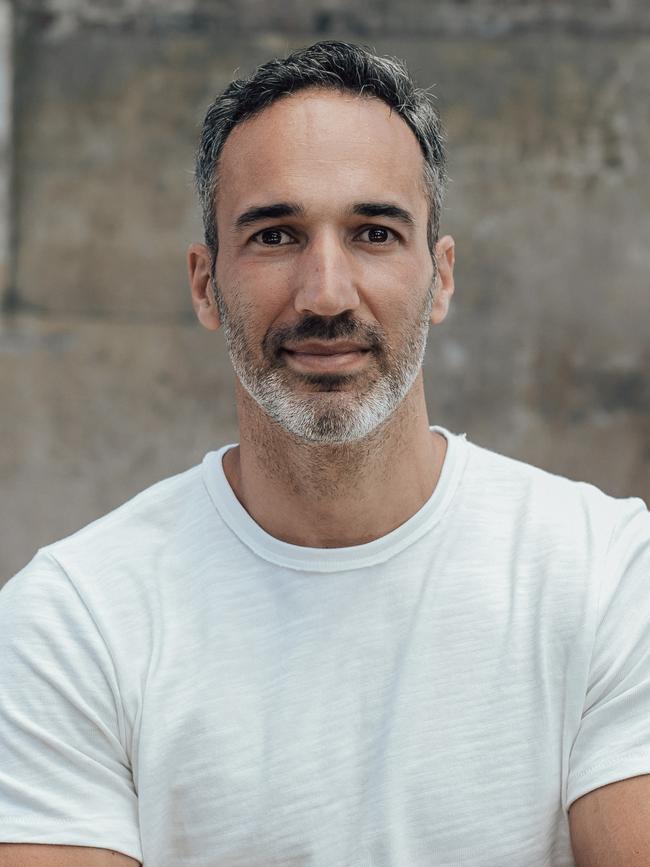
On the subject of peace, may it be with you and yours this Christmas. Next week’s pages will be filled with books to look out for in 2024, as well as some glorious poetry. I’m taking an extended break, and I’m planning to spend time with my lovely fella, my sister, my kids, some pals, and my old blue dog. We - the humans, not the dog - will read books, cook fish, and swim in the ocean, because that’s how oldies roll. Happy New Year everyone! It’s been an honour and a pleasure to edit these pages. All being well, I’ll be back around Australia Day. Happy reading over summer. And Merry Christmas.


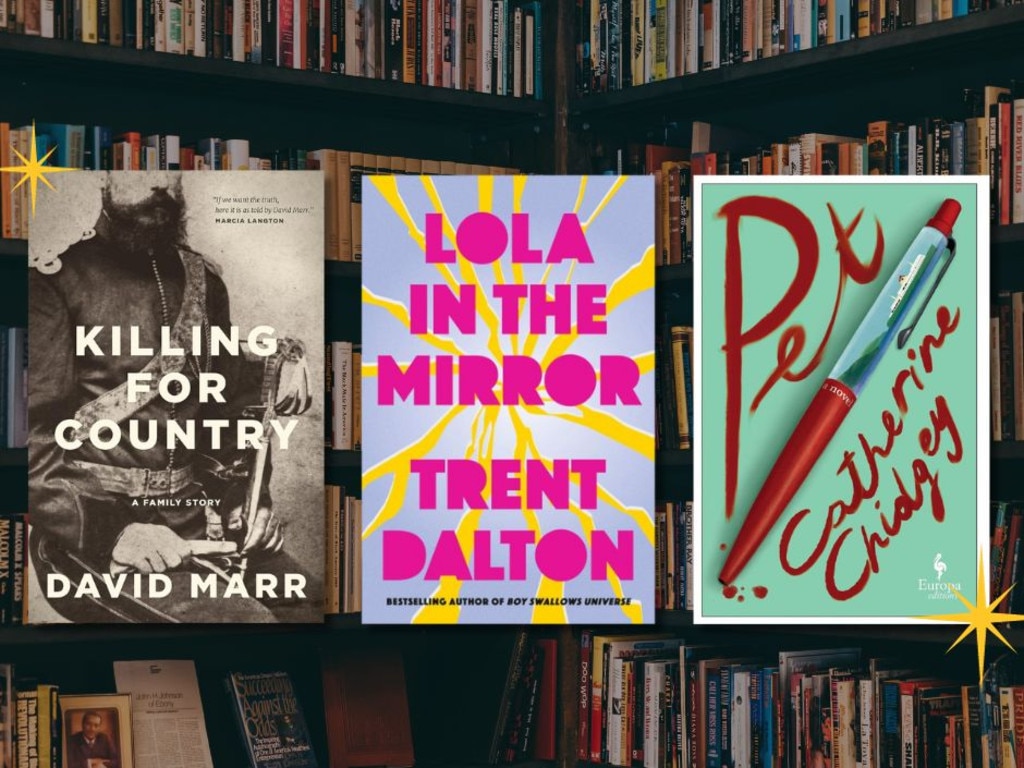


To join the conversation, please log in. Don't have an account? Register
Join the conversation, you are commenting as Logout